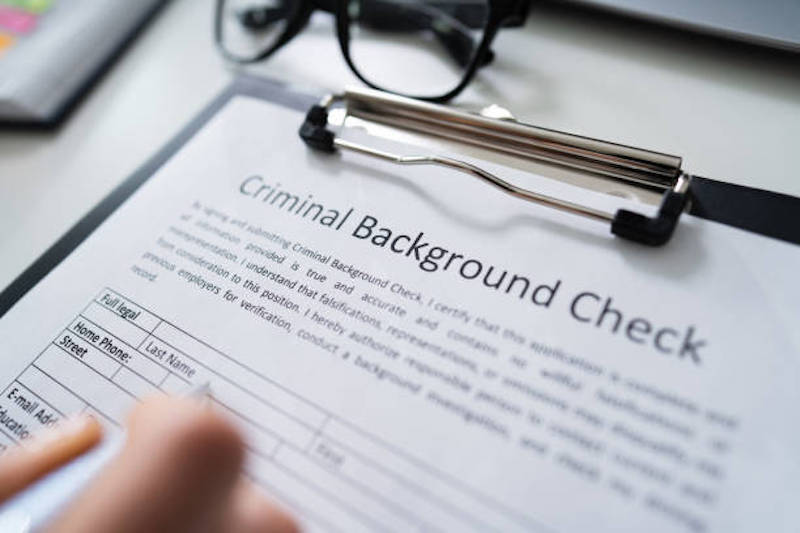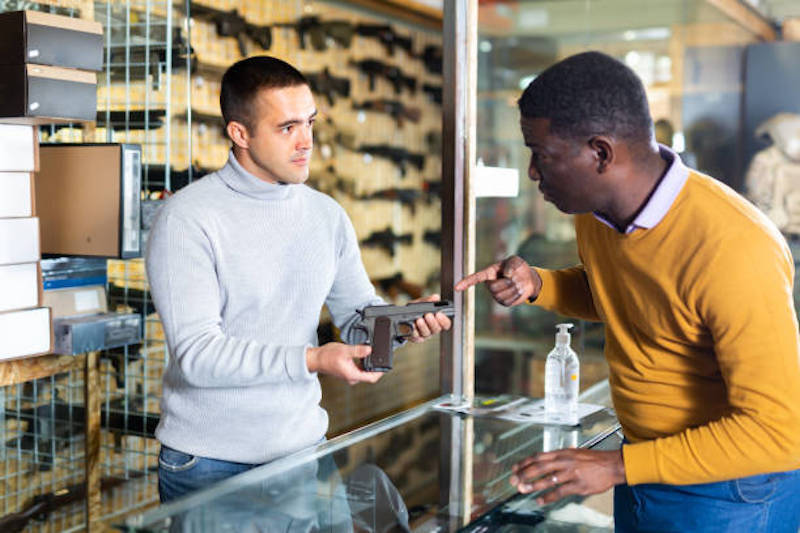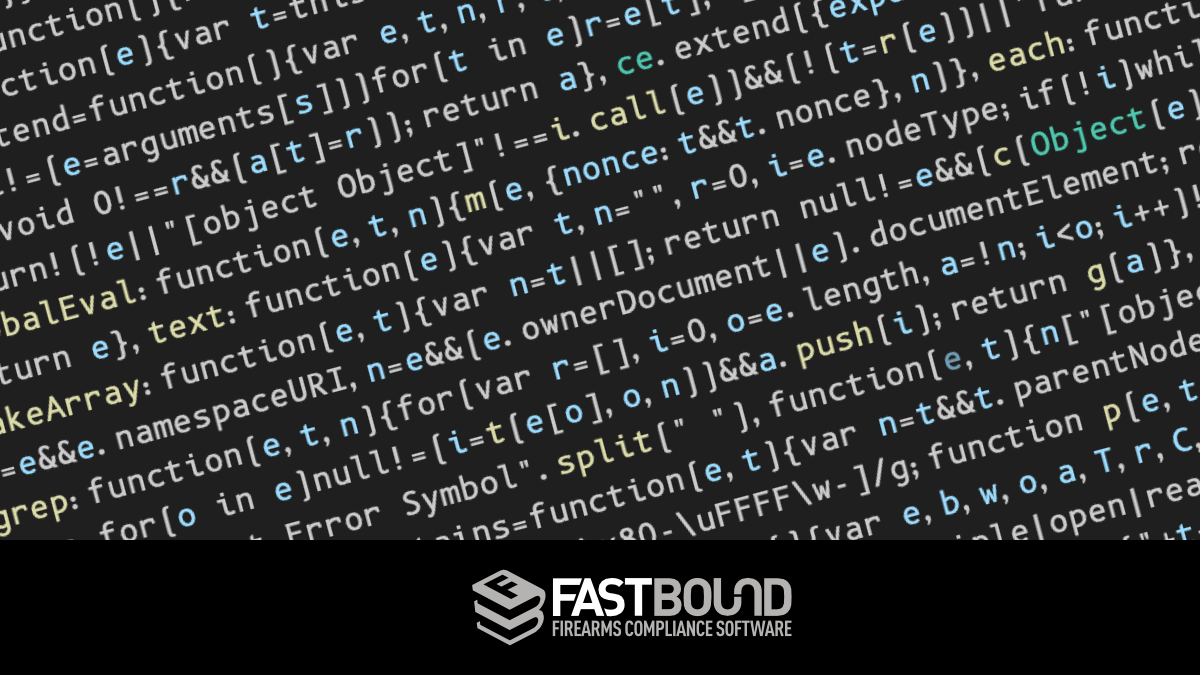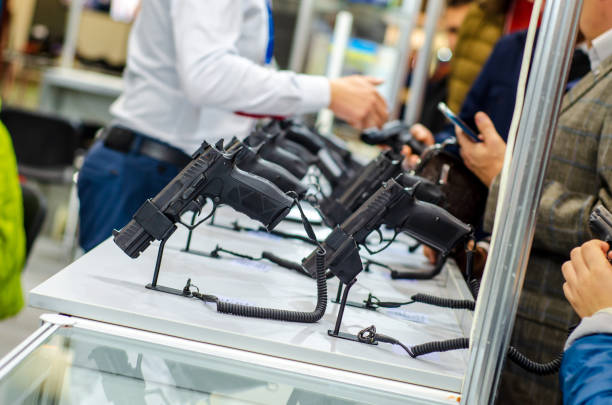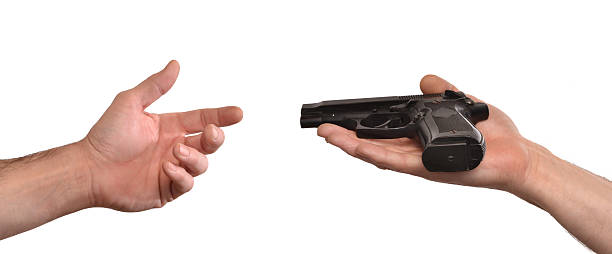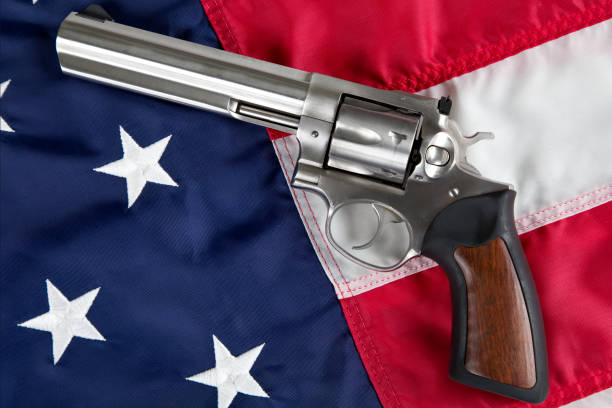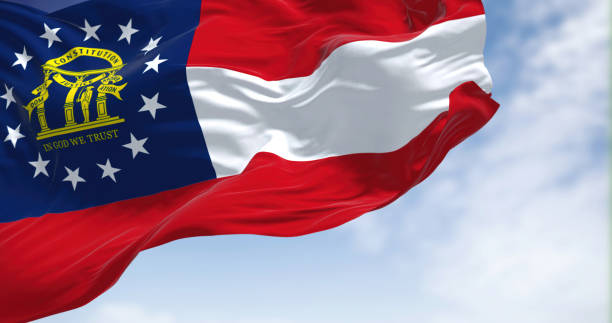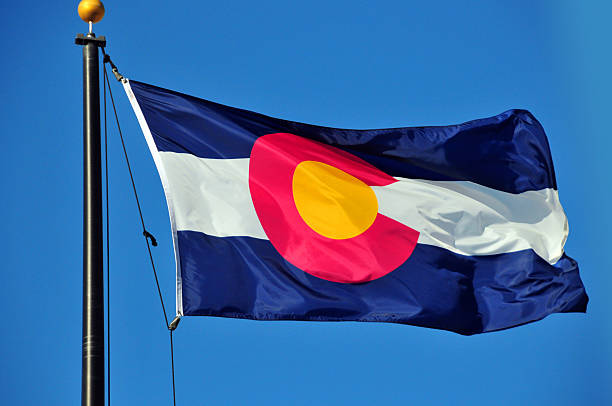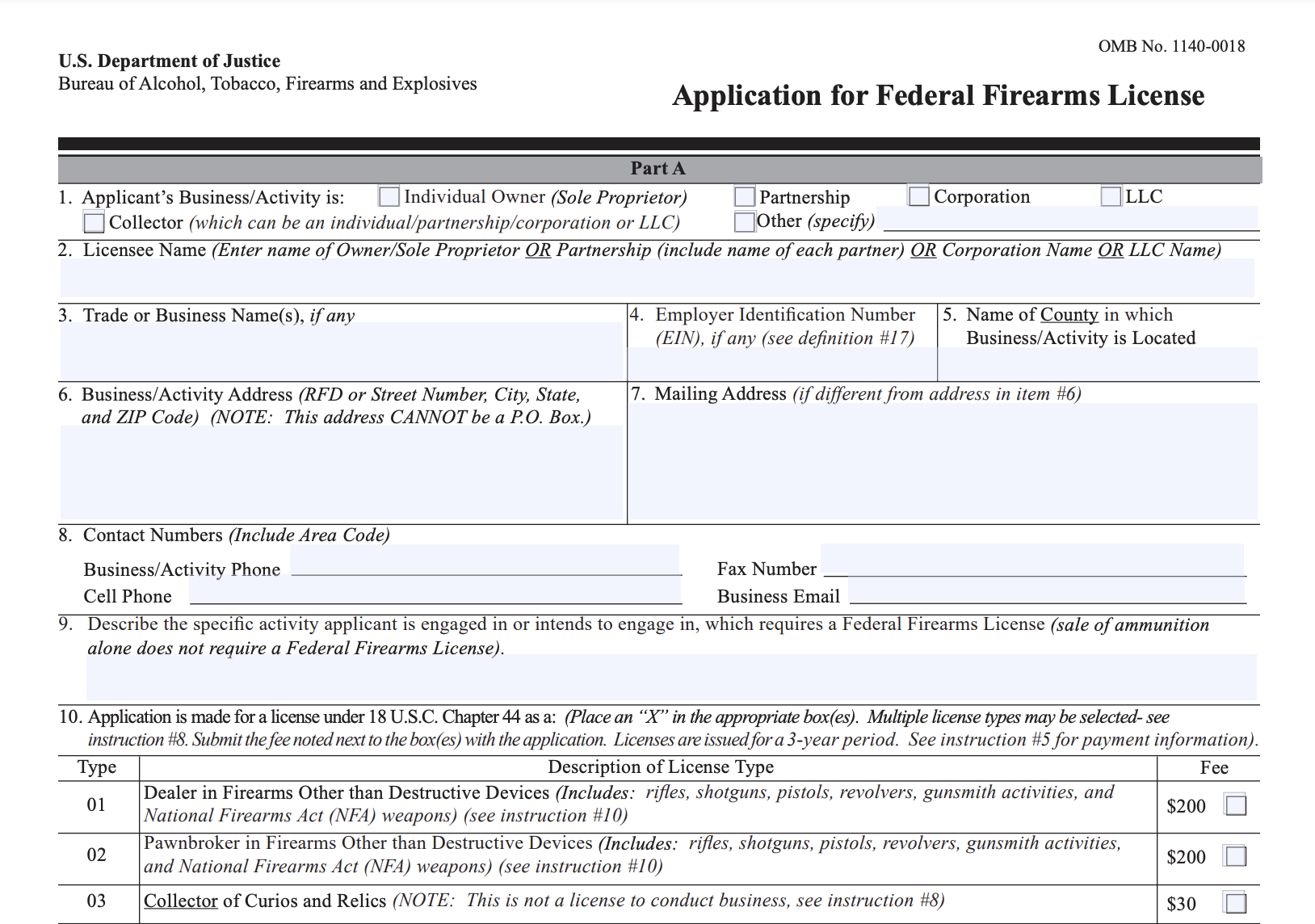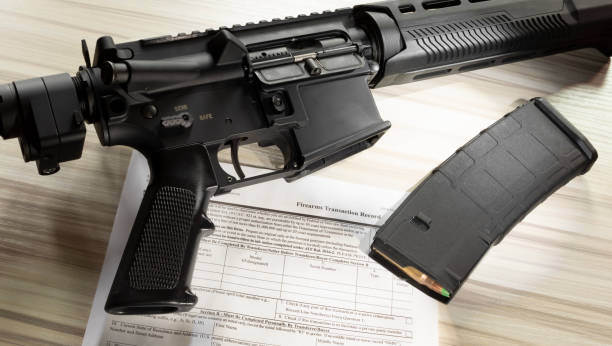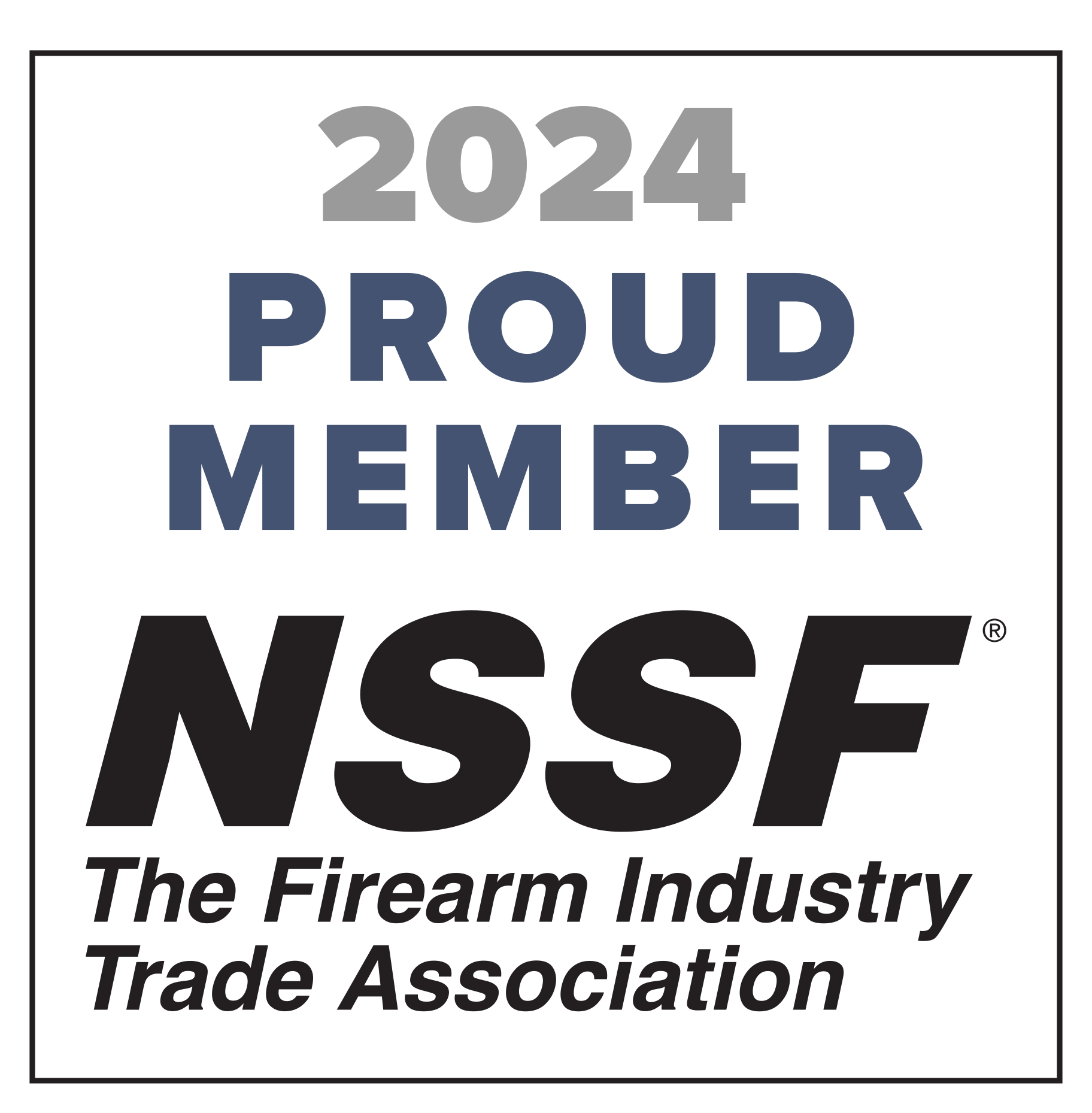Shooting ranges technically aren’t required to obtain a federal firearms license, but they are a smart way to make your business successful.
Opening and owning a shooting range is a big project. You need access to a lot of space. You need to maintain a safe environment. And of course, the potential for liability is significant.
Indoor ranges are especially tough. Indoor space is even more expensive to rent and maintain, and tougher to operate than outdoor space (especially in cold or rainy seasons).
Both types of shooting ranges can be quite profitable. Other than the space to rent, they require little overhead and make a large margin. (If you own the land, you can make a killing.) They do especially well in medium-sized communities with many gun enthusiasts and little outdoor private land for shooting.
Technically, you don’t need a federal firearms license to open a shooting range. As long as you aren’t selling or renting firearms or ammo, you don’t need a government license. The downside is that all of your customers will have to bring their own guns and ammo to enjoy their time at your shooting range.

As a business it’s important to diversify the ways you make money. You should do your best to have multiple streams of revenue coming in, especially when you have fixed overhead costs (like employee salaries or leased space).
All businesses (including shooting ranges and gun dealers) should diversify the way they make money.
According to Chron Small Business, “Average shooting range use fees are around $10 per hour so you will need 100 daily customers to make $30,000 per month, which may only cover your costs of rent, salaries, utilities and insurance. Gun rentals and sales of ammunition, guns and gun accessories will be important factors in the profitability of your operation.”
So even though you aren’t required to have an FFL, it’s smart to have one.
Selling Ammunition
Naturally, you would want to sell ammo at your range. Some shooters can go through 500-600 rounds of ammunition in a single afternoon, so you’ll want to be ready for your customers. It’s not unusual to have customers spend $150-$200 on ammunition in a single day, and then visit multiple times each month.
You can’t have every type of ammunition unfortunately, but it’s easy to stock the most popular kinds. Make sure you have plenty of rounds on hand for the types of firearms you rent.
Renting Firearms
A lot of people who don’t own firearms visit gun ranges. They want to try something new or decide if gun ownership is right for them. Beginner shooters rarely know what type of firearm they want to buy, so they need to spend some time with different models to find one they like.
You can even rent firearms to people who already own their own guns. Some people like to rent a particular model to experiment before buying. Others just like new experiences, but don’t want to commit to buying their own.
Prices vary by location, but handguns generally rent for $15-$25 dollars. Rifles rent for $25-$35. Many ranges offer an all-day-any-weapon premium rental for $40-$50. You should require that all rented weapons use range-bought ammunition.
Firearm Transfers
Shipping firearms is problematic for dealers and buyers. According to ATF regulations, sellers have to know who is receiving the gun. The only way to complete online transactions, catalog sales, or otherwise send a firearm through the mail is to transfer the firearm to another FFL holder as a middleman. (Here’s a great explanation about the firearm transfer process.)
When buyers need shipping, they list a local FFL holder as the receiver and pick the firearm up at their location. Many dealers with FFLs love these types of transactions because they get to charge a fee for a bit of paperwork and then upsell the customer on ammunition and accessories.
This is something you’ll definitely want to get into at your shooting range. You’ll already have staff trained to manage firearms and the relevant paperwork. Plus these types of sales are opportunities to sell more products and encourage buyers to use the range.
I recommend signing up with different FFL networks so you are easy to find when people in your area purchase firearms online. Here are a few networks, but you may find others: Gunbroker, AIM Surplus, Guns America, FFL Gun Dealers, and Gun Auction.
Selling Firearms
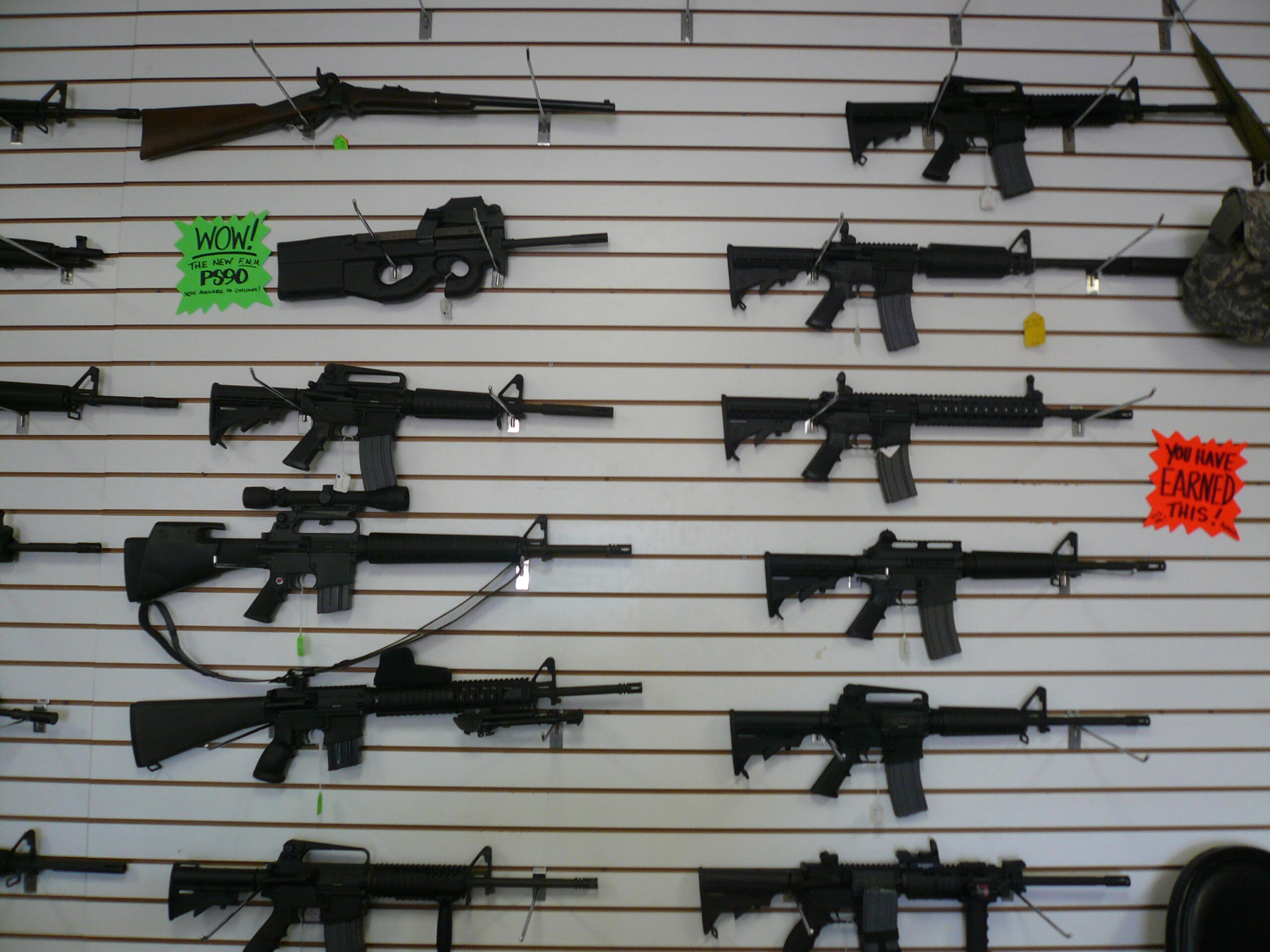
The biggest advantage to having your own FFL is the ability to sell firearms. It’s a lucrative business. In 2015, gun and ammunition sales in the United States accounted for $3.1 billion dollars.
Selling firearms at your shooting range makes you a “one stop shop” for everything shooting related. Customers can pick up ammo, shoot a few rounds, browse new items, buy accessories, and meet with other gun enthusiasts.
If, for example, your shooting range is slow during the summer months (because people can shoot at targets outside on their own property), selling firearms and ammunition will keep money flowing in the door. Some people will visit your store to make a purchase and decide to spend an hour in the range, because “Hey, why not? I’m already here.”
Accessories are money-makers too. Slings, holsters, grips, shooting gloves, safety gear like earplugs and goggles, bags, targets, and loaders are all excellent ways to increase sales and draw more revenue for your business. A well-stocked store is key to keeping customers happy and returning for all of their shooting needs.
As a shooting range owner, you’ll be a trusted firearms advisor. People will look to you as an expert. They’ll respect your opinion when it comes to firearms, technique, and safety. This puts you in a powerful position to recommend products to solve their problems.
You’ll have first-hand knowledge of what’s popular. Is everyone asking to rent an AK-style rifle? If so, you should put a few for sale on your rack. Do you notice that pistols are popular with women in your community? If so, keep a few on hand and make smart sales pitches.
Keep in mind that selling firearms and ammunition means you’ll be subject to the ATF’s regulations. You can be inspected yearly without a warrant. You will need to maintain an acquisitions and dispositions book. You’ll need buyers to fill out Form 4473 with each purchase and you’ll need to perform background checks to determine eligibility.
Going Forward
Once you have an FFL, there’s a lot you can do with it. You can get into pawning, gunsmithing, and even light manufacturing (assembling AK-style rifles, for instance). These are all additional avenues of revenue to support your business.
If you need help setting up or expanding your shooting range, I recommend contacting the NRA. They have excellent resources available on their website, including technical guides and sample range layouts (for multiple types). They also offer grants to fund ranges!
You can even hire NRA range technicians to visit your range or proposed location. They will give you information on how to work with/around local ordinances or regulations, how to expand your facilities, and how to build a profitable business.
If you’re looking to sell firearms and ammo, we strongly recommend using an electronic bound book to manage your acquisitions and dispositions. Check out FastBound today.


